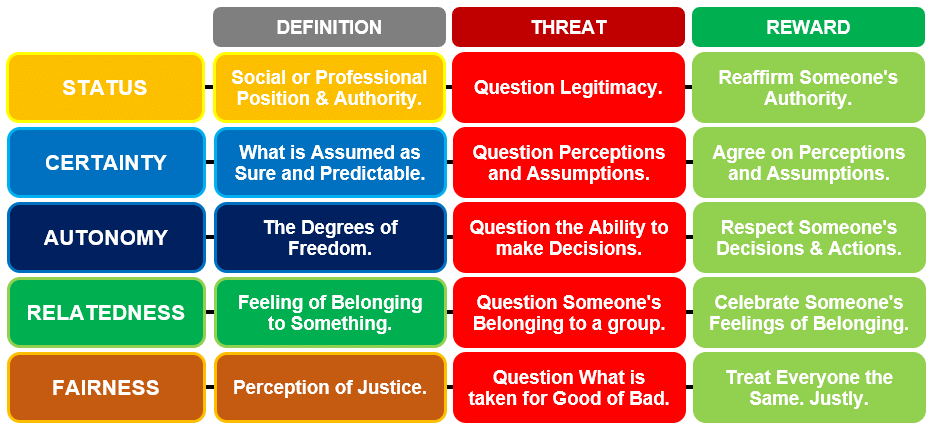The Links I Keep Sharing: Tech Misconceptions, Agile Messes, and Train Fares

A little list of resources I use relatively frequently when communicating about technology or just trying to catch a train, grouped into a few themes.
The world is complicated and programmers somehow have to make sense of it
People, places, names...

On maps... China's satellite coverage is intentionally randomised in order to comply with local law. More here:

"big list of naughty strings" - a set of strings that can potentially break systems. Including human minds if you look far enough...
https://github.com/minimaxir/big-list-of-naughty-strings
Agile, Devops, Ways of working
One of the inventors of Story Points commenting on the (unintentional) mess it's now caused:
https://ronjeffries.com/articles/019-01ff/story-points/Index.html
PO vs PM and SAFe

The original agile manifesto. you'd be surprised how many people have not read this. It's an artefact of its time, in that it was a bunch of guys deciding how the world works again, but they were well intentioned and they've commented on these limitations subsequently, and it's still valuable:
I use this a lot to model how changes or even communication can appear threatening to colleagues, customers and others. Thanks to the best CTO I ever worked with for introducing it to me. There isn't a great link on this topic and the original research paper is paywalled, this is the best for now:

Aren't British Train Fares Expensive
Most of this is the same as an ancient post I did on this topic (which in itself was a continuation of an even older blog post from 2008 now very gone from the internet), just removed the dead links below.
Useful for any train travel in Europe basically (more famous than it used to be!)

https://www.brfares.com/ <– lets you look up all possible fares between A and B. This means you can see if the fare you're seeing is the cheapest advance fare or whether it's already sold out. Lots of jargon to decode.
https://www.brtimes.com/ <- same as above but for timetable info.
https://trainsplit.com/?from-tcbc - probably one of the more comprehensive ticket splitting tools there are.
http://splitticketing.com - again, a more advanced splitting tool than thetrainline or similar.
http://www.tfl.gov.uk/cdn/static/cms/documents/london-rail-and-tube-services-map.pdf - Because I *always* end up googling this - the big London tube and rail map (basically the Oyster map plus a few bits like Heathrow Express).
https://assets.nationalrail.co.uk/e8xgegruud3g/6r0rzYCSpaMX3OJ9aec9tq/6749aef0a7a8cf55b0ec9a7e92af2192/LondonSouthEast_NetworkRailcard_map_Feb25.pdf The big SE of England map
http://www.realtimetrains.co.uk - get to your platform earlier than everyone else with a smug grin…
I actually have loads more on this topic now I have worked in the rail sector (10 years on), I even subjected the kind people at EMFCamp to it. I will get round to sharing my notes and info on it at some point.
Social Care and Government Services
I spent a reasonable amount of time as both an implementation consultant and a product manager for a social care finance product. As this also included benefit calculators, I got a working overview of those too. The paying customer were local authorities but they needed this to serve their residents, so you'd get a little peekhole into the inner workings of government policy implementation, IT teams, outsourcing, and more. The below is a set of links which I used as part of this which are publicly available:

A calculator for cost for care for a large number of councils. They also link to this via their own websites.
Age UK's advice for paying for care is the most comprehensive and accurate in my opinion, their link here: https://www.ageuk.org.uk/information-advice/care/paying-for-care/
Please do not use random Telegraph or Times articles - they are hugely misleading. One of the areas people don't tend to know about are Deferred Payment Agreements, which let you use your house value toward care without needing to sell your home during your lifetime. Some councils had them in various areas, in 2015 onwards all councils had to offer this option, even for self funders (as long as other criteria were met). The best layperson info I can find is here (disclaimer I have never used this organisation): https://www.wilsonbrowne.co.uk/personal/care-home-fees2/paying-for-care-under-a-deferred-payment-agreements-dpa/
Court of Protection was another area I was involved with and set up for some councils, some info here (here from mencap but applies to all potential situations where capacity is limited):

Local Government and Social Care Ombudsman. When people complain to the council formally via the ombudsman or for a care home or other similar services, a redacted version of this information is available here. Can be used for any local government services (eg refuse collection, other complaints) https://www.lgo.org.uk/












